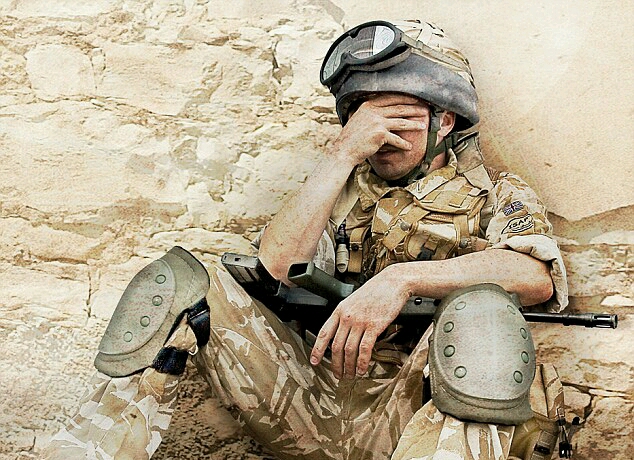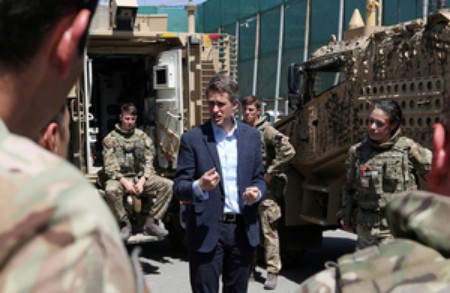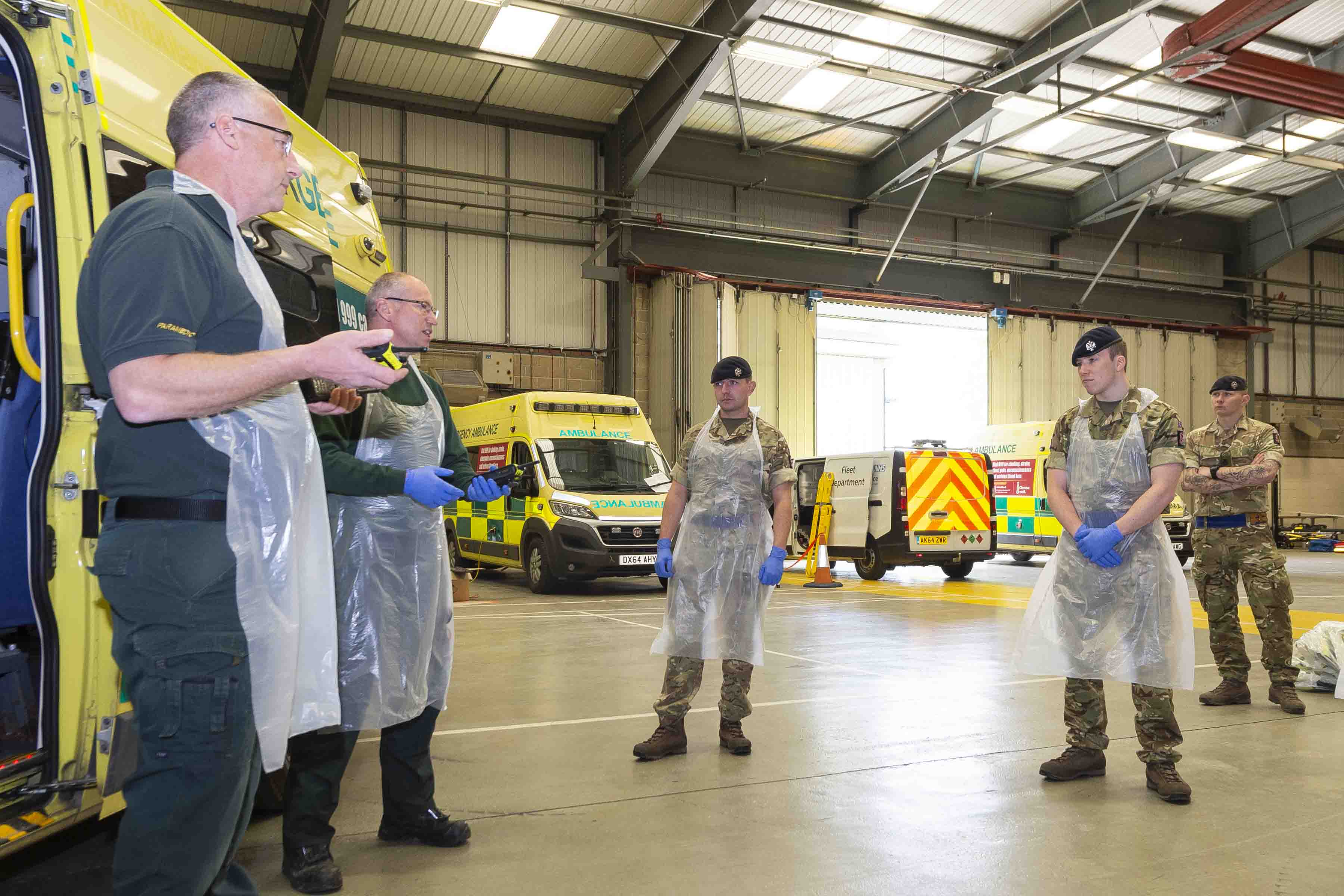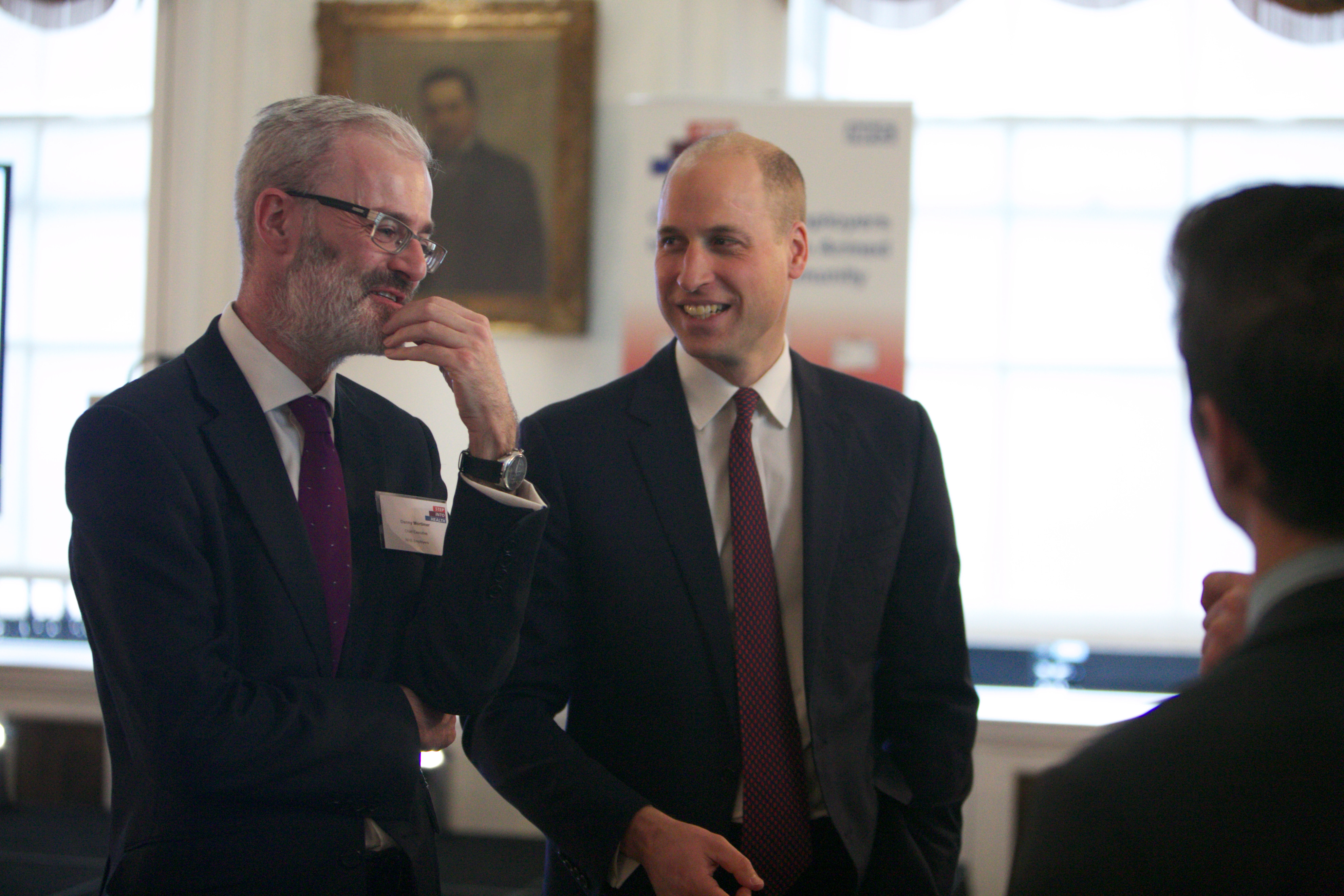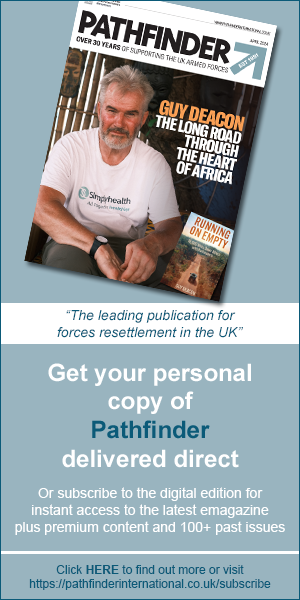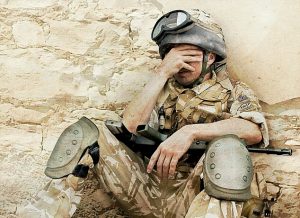
A report launched this week is calling for a new model of care to support armed forces veterans suffering from mental health trauma.
The Trauma in Mind report is a year-long study into the experience of veterans and their families who require intensive healthcare services.
Solent NHS Trust collaborated with NHS England and Breaking Barriers on the report and is using the findings to identify that a new service delivery model is needed for veterans and their families.
Stephen James is a veteran and Founding Director of All Call Signs, a peer support organisation for veterans and serving military personnel. He said: “This report has gone to a painstaking effort to guide veterans’ mental health service providers on some of the key elements that must be included in a successful offering.
“Key themes of collaboration and joined-up thinking, a focus on families being better integrated and included as well as ensuring that veterans from all minorities feel represented and welcome have to be front of mind to anyone working in this space. It is my opinion that this document should live on the desk of anyone creating, improving or working in mental health services for the military community.”
Over 150 interviews were carried out, with focus-groups for veterans, serving personnel, reservists, family members, and professional stakeholders. The report emphasised a commitment to understanding the lived experience of those affected.
Findings from the report suggest a new model of veterans’ service delivery needs, to encompass a broad definition of trauma-related mental health problems, whilst recognising that there is no single way in which trauma-related mental health problems present themselves. Trauma can be fluid and inconsistent and a new service delivery model needs to accommodate that and enable veterans and family members to engage at the earliest point in their experience
Following the report, Solent NHS Trust has stepped up its response to veterans and their families by offering a wider range of courses through the Recovery College in partnership with Solent Mind, which aims to give people the skills to support their own mental health recovery.
In addition, the report has informed the model of the High Intensity Service, which is due to be rolled out across Hampshire and Isle of Wight from 30 November.
The Chairman of Breaking Barriers, Professor the Lord Patel of Bradford OBE, said: “Trauma is not easy to comprehend. It creates disruption, it isolates, it separates us from what we know and who we trust. Our report set out to better understand it and how it impacts upon the armed service community and their families.”
David Noyes, Chief Operating Officer at Solent NHS Trust and retired Naval Officer, said: “Solent NHS Trust’s links with both serving and retired military personnel and their families is really important to us and we take our obligations through the Armed Forces Covenant extremely seriously.
“Our commitment to service personnel is to provide an outstanding level of timely, responsive and specialist health care. Working with NHS England to support the Trauma in Mind report has enabled us to actively listen, allowing future services to be designed with to meet the unique needs of this group. We look forward to announcing an enhanced service for Veterans in our region shortly.”
Accessing support
For emergency access to mental health support, please call NHS 111.
Alternatively, for non-emergency appointments and advice, please call your GP surgery.
Talking Change, the free and confidential NHS mental health support service can be reached on 0300 123 4125 or by visiting www.talkingchange.nhs.uk The service is open between 8am and 7pm, Monday to Thursday, 8am-4pm on Fridays and between 9am and 12.30pm on Saturdays.
Positive Minds is run by Solent MIND. The service has a number of wellbeing advisors who can support Veterans and their families with a range of issues from housing, money and work support as well as issues regarding bereavement low mood and anxiety. The service is open between 9.30am and 4pm, Monday to Friday, on 023 92 824795. Alternatively, you can visit www.positivemindsportsmouth.org.uk
Children and young people can access mental health support through dedicated services. Your GP should be your first point of contact for non-emergency mental health support for children and young people.
For children and young people experiencing mental health emergencies during office hours, contact CAMHS, Monday to Friday between 9am and 5pm, on 0300 123 6632.
Out of office hours, if your child or young person cannot wait for help, you can access support from the Accident and Emergency department at the Queen Alexandra Hospital.
Hive Portsmouth is a service to support the elderly and vulnerable in the community. This can include helping with food deliveries, prescription drop off and other things such as dog walking and welfare checks. If you are an individual residing in Portsmouth and requiring this support, please call 023 926 6709.
In need of urgent or crisis support:
111: Call 111 or visit the NHS 111 website and speak to the NHS Mental Health Triage Service. This service provides advice, support and guidance, 24 hours a day, seven days a week, for anyone living in Hampshire and the Isle of Wight.
Samaritans: this is a national 24 hr service which you can call free on 116 123.
Shout: If you don’t feel able to talk on the phone you can text Shout on 85258 and talk to a volunteer.

